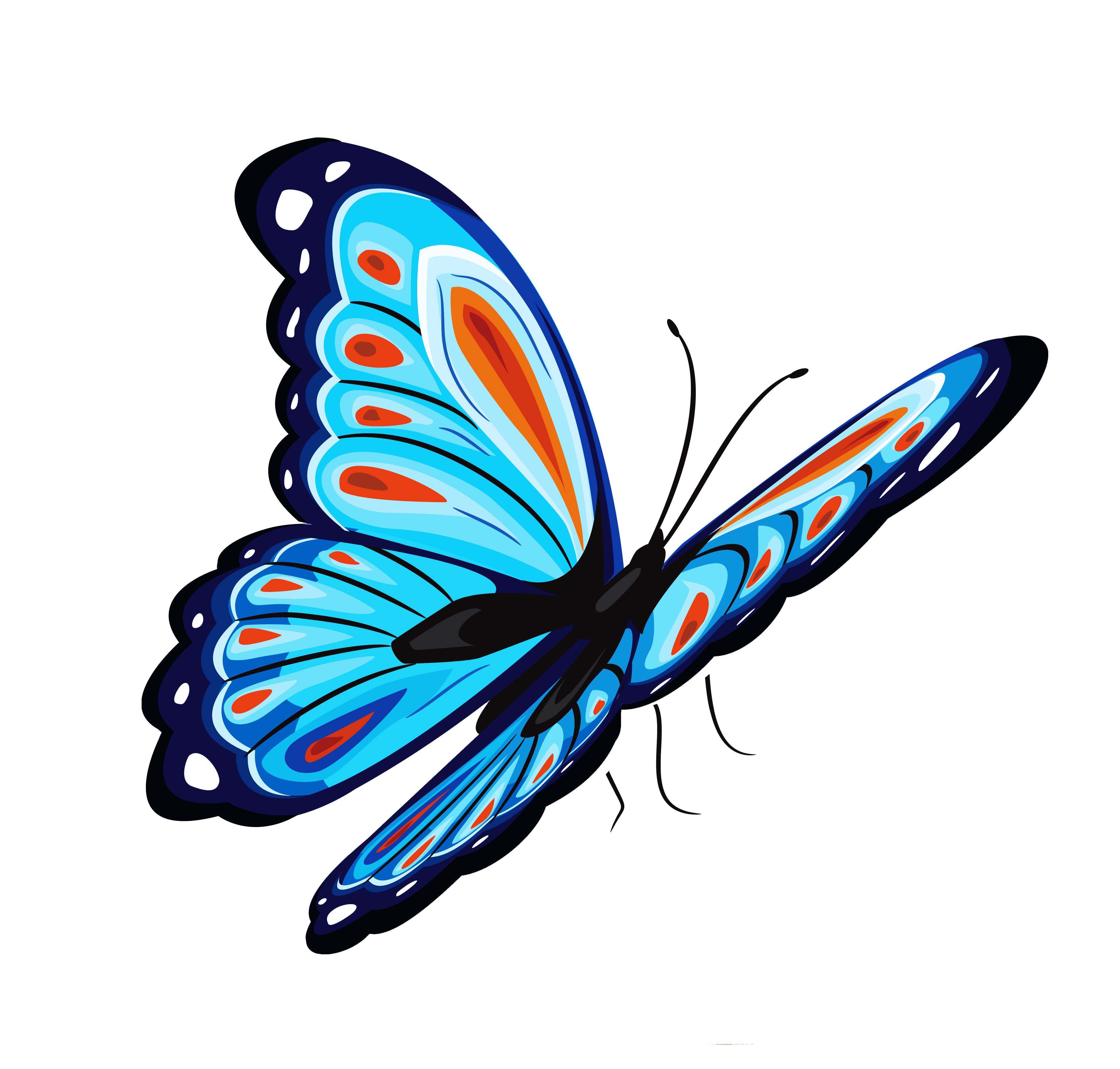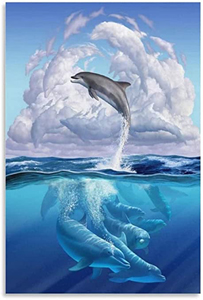Eelmise laupäeva hommik saabus minu ellu etteteadmisest hoolimata suure jahmatusega, kui ema minu voodi juurde tuli teatega, et isa on lahkunud.
Isa jaoks oli lahkumine ônnistus ja pääsemine, mille nimel me kôik palvetasime, sest viimased elunädalad tôid seestpoolt näriva haiguse pôhjustatud sügava agoonia, mida kôrvalt väga valus näha oli. Aga vaatamata meie mônenädalasele etteteadmisele, tôi juhtunu tôelise vapustuse.
Kuna elan praegu vanemate juures ja mitmetel tööpäevadel ei olnud meid rohkem kodus, käisin oma tegemiste vahepeal iga veidi aja tagant teda kontrollimas ja ta kätt silitamas. Kuna ta oli juba mônda aega tagasi kaotanud kônevôime, sain vaikust täita vaid enda monoloogide ja surematu vaimukusega 😀 (naermise vôime säilis tal tagasihoidlikul moel ônneks siiski päris lõpuni välja), kui ta parasjagu just vaikust ei eelistanud. Nendel vaiksetel hetkedel tema kätt hoides sain palju môelda inimsuhete imelikkuse ja nende muutumise üle lähedase viimastel elupäevadel.
Minu pere- ja sugukond on alati olnud pigem skandinaavialiku môneti jahedagi suhtumisega, kus üksteisele armastust ja kallis olemist eriti tihti ei avaldata ning kätt ei hoita. Sellegipoolest tundus ääretult loomulik käia isa voodi juures tema kätt paitamas ja päevauudiseid või mingit kuuldud anekdooti rääkimas (vôib kôlada kohatuna, aga elu lôppki ei tohiks olla täidetud ainult valu ja murega). Enne tema haigust ei oleks mul pähegi tulnud mingil hetkel temasse nii lähedase hoolivusega suhtuda, kuigi uusimate kuuldud anekdootide edasi rääkimine kuulus meie igapäevaellu juba mõnda aega. Liigseks läheduseks polnud ju pôhjustki, sest igaühel olid omad tegemised ja enda liikumised. Ka temasugusel töökal ja nutikal eesti mehel.
Milleks avastame alles inimese viimastel elupäevadel, et tema miinused ikka päris nii hullud ei olegi? Täies elujôus inimesele liigselt hoolitsust üles näitamine ajab närvi ka selle inimese enda ning tundub hoolitsuse pakkujale väga veider ja ebaloomulik. Inimene on ikka üks imelik loom.
Tahame, et lähedane saaks minna teispoolsusesse südamerahu ja teadmisega, et ta maises elus lähedastele oluline ja mingil moel ainulaadne oli. Et ta suutis siia pisikesegi muutuse tuua – näiteks ôpetuste ja nutikuse näol oma pere palju paremates tingimustes elusid jätkama jätta. Ja et ta ikka kallis on olnud.
Kas meie kõrval elavad, täiesti terved inimesed ei peaks vahel kuulma, kui palju nad teiste elusid parandanud-rôômustanud on? Kuna ka mina eriliste tuhksuhkru-inimeste hulka ei kuulu, loodan et vahel piisab ka kellegi tänamisest tema pingutuste eest. “Aitäh” ei ole tegelikult keeruliselt hääldatav sôna.
Nagu kirjutas ka Vahur Kersna oma raamatus “Ei jäta elamata”, kaldume mingil pôhjusel arvama, et nii meie, kui needsamad lähedased elavad igavesti ja võtame seetôttu neid iseenesestmôistetavate, muutumatute elementidena meie eludes. Valusa kirkahoobi südamesse saame tihti alles siis, kui nad läinud on – kas elust laiemalt vôi lihtsalt meie elust.
Imelikul kombel paistavad parimaid mõtteid elamiseks andvat just need, kes lahkunute ärasaatmistel räägivad (elu tahavaatepeeglis osatakse ikka teha mingil moel paremaid otsuseid). Eilsel ärasaatmisel rääkis kogenud kôneleja samuti asjaolust, et see, mida kutsume eluks, on ju tegelikult vaid viiv igavikust. Selle viivu kestel kogume mälestusi endale ja jätame endast mälestusi ümbritsevaile. Ja see viivuke, mis meile antud, ei lôppe meie lahkumisega vaid selle hetkega, mil igaveseks suleb silmad viimane mäletaja. Ta soovitas mitte lükata ühtki tegevust homsesse, sest homset ei pruugigi tulla ning oleks ôigem ja täisväärtuslikum tekitada iga elatud hetkega endale ja teistele värvikaid mälestusi. Nii kogenud ärasaatjaga ei ole minu arvates mõistlik vaielda 😉 .
Siinkohal pean tänu avaldama oma vanemale vennale, kes kutsus peielauas mälestajaid üles jagama lôbusaid, tihti tôeliselt naljakaid, aga meie isale alati nii iseloomulikke lugusid nende mälestuste laiast varamust. Sellega rôhutas mu vend minu arvates hiilgavalt peielaua olulisimat eesmärki – läbi meenutuste rôômustada ja tähistada lahkunu värvikat elu, mitte keskenduda tema lahkumise kurbusele. Vend tegi seda nii edukat, et kokkuvôttes sain pärast korralikku pisaratevalamist ärasaatmistseremoonial pisut kohatultki palju naerda. Ka elavate lähedaste rôôme oleks môistlik kaasarôômustamisega tähistada, mitte ebaônnestumiste/ônnetuste vms kohapealt liiga pealetükkivalt kurvastada. Edasiviivaks jôuks ei ole kunagi pisarad, ikka rôôm ja naer.
Kindlasti ei kutsu ma üles kedagi loomuvastaselt roosamanna-ninnunännu-inimeseks hakkama vôi pisaratest ja kaastundest täielikult loobuma, lihtsalt palun lähedasi rohkem tähele panna, neis head märgata, seda tähistadagi, ja neist rohkem hoolida ning ka enda elu kõik hetked mäletamisväärseks muuta.
*******************************************************************************************
Last Saturday’s morning begun with a great shock to me and my family, despite knowing the possibility of this incident beforehand, when my mother visited my room announcing that my father has passed away.
Passing away was a true blessing and escape for him that we’d all been praying for because the illness that was chewing him from the inside caused deep agony in the final weeks that was extremely painful to see. Despite knowing about the illnes and its terminality for almost a month beforehand, it brought a true shock
As I currently live at my parents’s house and during workdays there was usually noone else at home, I went to check on him very frequently to stroke his hand. As he was already unable to speak, I could only fill the silence with my own smart monologues and my undying wit 😀 (the ability to laugh remained in him until the very end in a modest way luckily), in case he didn’t prefer total silence in some cases. I could think about the weirdness of human relations and their alterations in a close one’s final days alive holding his hand during these silent times
My family and relatives have always been rather Scandinavian in our reserveness in showing feelings to one another. We don’t express our love or hold each other’s hand very often. Nevertheless it seemed very natural to sit beside my father’s bed, stroke his hand and tell him different daily news and the latest anecdotes I’d heard (it might seem inappropriate but I’m convinced that one’s final days shouldn’t be filled with pain and worry only). Before his illness it wouldn’t have crossed my mind to do that, although passing on the newest anecdotes’s been a part of our everyday life for a while. There was no reason for excess caring before because eveyone had their own lives and things to do. Him as well, as he really was a hard-working and wise Estonian man.
Why do we find that a person’s negative properties actually weren’t as bad as they might’ve once seemed in his final days only? Showing too much attentiveness towards a person still full of life and health freaks out the person in question (in our Nordic culture) and seems somewhat unnatural to the caregiver. Human is a weird animal species indeed.
We want our close ones to be able to pass away with peace of mind, whilst knowing that they’re important to their close ones and unique in some way. That they were able to leave a mark here though their teachings and wiseness – and leave their close ones living on in much better circumstances. And that they’ve been invaluable.
Wouldn’t you agree that the living people, completely healthy ones., should sometimes hear how much they’ve improved-delighted someone’s lives? As I myself don’t belong to any overly pampering human group, I sincerely hope that a “thank you” is sometimes enough for one’s efforts. It is an expression not too difficult to pronounce.
Vahur Kersna, an Estonian TV-legend, wrote that for some mysterious reason we tend to believe living eternally and take ourselves and the people around us for granted due to that, in his book “Ei jäta elamata” (Will not skip living). It only hits us so very painfully when the person in question has left either the world of the living or our personal lives only.
The best suggestions for living seem to come from the people speaking in sending off ceremony of the deceased one, for some reason (one seems to make better judments in hindsight of life). He spoke of the fact that the thing we call life is actually only a moment of the eternity in the ceremony yesterday. We spend these moments garhering memories for ourselves and leave memories to people surrounding us. The moment given to us doesn’t end with our departure from this world, it ends at the moment the last one rememering us closes their eyes forever. He suggested not to leave anything for tomorrow as tomorrow may never come, it would be wiser and fuller to create colorful memories to ourselves and the people close to us with every moment of our everyday life. I wouldn’t start arguing with such an experienced man having met so many ended lives in his career 😉
I want to express my gratitude towards my elder brother at this point. At the funeral table time he managed to invite the gathered ones to share their memories of our father that were happy, often ridiculously hilarious but always very characteristic to him. My brother emphasized the main goal of the funeral table with this – to rejoice and celebrate the colorful life of the deceased one – quite brilliantly, in my opinion. He had such success in this that after a serious tear sheding in the ceremony I was able to laugh quite a bit more that would’ve been appropriate probably.
I believe it’s necessary to rejoice the living ones for their successes as well, not to burden them with the grief in case of someone passing away or having had any misfortune or accident of any kind. Tears are never the driving force but joy and laughter sure are.
I ‘m not inviting anyone to become an excessively enthusiastic caregiver against their character and give up compassion and tears completely, I only ask you to pay attention to your close ones more, notice the good qualities in them and care for them a bit more. And make every moment count from your moment in the eternity, creating memories for yourselves and those closest to you.

